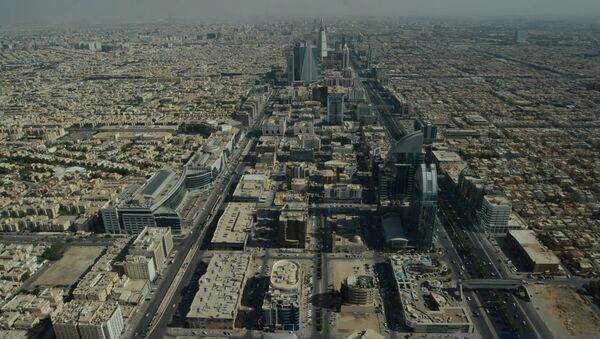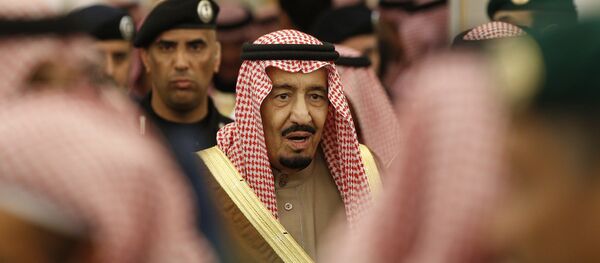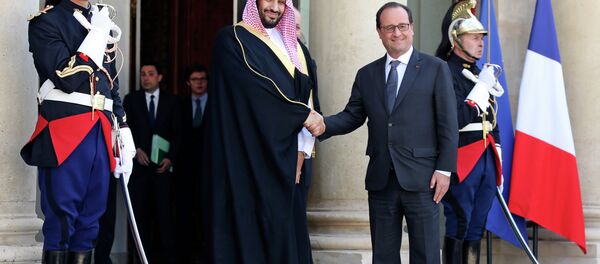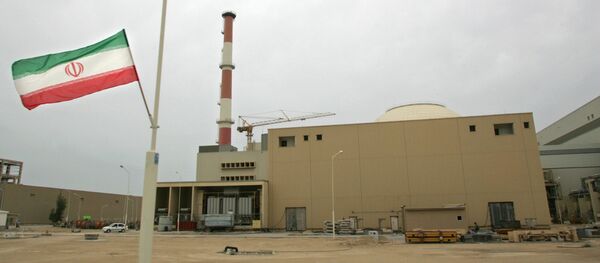Adel al-Jubeir, Saudi’s ambassador to the United States, made a similar indication during an interview with CNN. When asked about the country’s nuclear ambitions, al-Jubeir said "Saudi Arabia will take whatever measures necessary in order to protect its security."
As the P5+1 group, consisting of the US, China, Russia, France plus Germany, continues on a last-ditch effort to negotiate a deal that prevents Iran from pursuing its alleged nuclear weapon ambitions in exchange for lifting sanctions, it seems the desert kingdom is already preparing for the worst.
In the latest effort to build up its nuclear capabilities, Saudi Arabia inked a deal with France to undertake feasibility studies into building two new nuclear reactors in the desert kingdom. The deal was announced ahead of a ceremony commemorating the inaugural Franco-Saudi Joint Commission in June.
The deal with France follows another with Russia to cooperate on nuclear energy development, and similar agreements with China and Argentina. With the appealing price of $2 billion per reactor, many of the world’s reactor builders seem to be tripping over themselves to sign contracts with Saudi, and taking the Kingdom one step closer to achieving its ambitious goal of building 16 reactors by 2032.
Saudi has cited many reasons for wanting to build up its nuclear capabilities, namely an interest in moving beyond oil dependency. The reason seems practical, as the desert kingdom has a growing population that is already accustomed to cheap energy. Nuclear power would also help with the kingdom’s diminishing water supply.
All in all, the kingdom’s given reasons for developing nuclear capability appear to be in the interest of serving its public. Much like Iran’s reasons for pursuing its own nuclear power.
However, unlike Iran, Saudi Arabia has been more explicit about keeping its options open for buying or developing its own nuclear weapon.
"We hope we receive the assurances that guarantee Iran will not pursue this kind of weapon," al-Saud told the Telegraph. "But if this does not happen, then all options will be on the table for Saudi Arabia."
And according to political analyst, Nawaf Obaid, the kingdom already has "the capability to produce HEU (highly enriched uranium) and the advanced deliverable systems onto which nuclear warheads can be placed."
Obaid, who often reflects the official Saudi government’s policy, wrote of a Saudi "Nuclear Defense Doctrine" in The Telegraph, arguing that the Kingdom had each of the necessary components to pursue a nuclear weapon, including financial means and technological infrastructure.
"The Kingdom can only look to itself to protect its people, even if this means implementing a nuclear program," Obaid wrote, referring to an alleged Iran threat. "And make no mistake, it has the scientists to develop the technology, finances and national will to do so."





